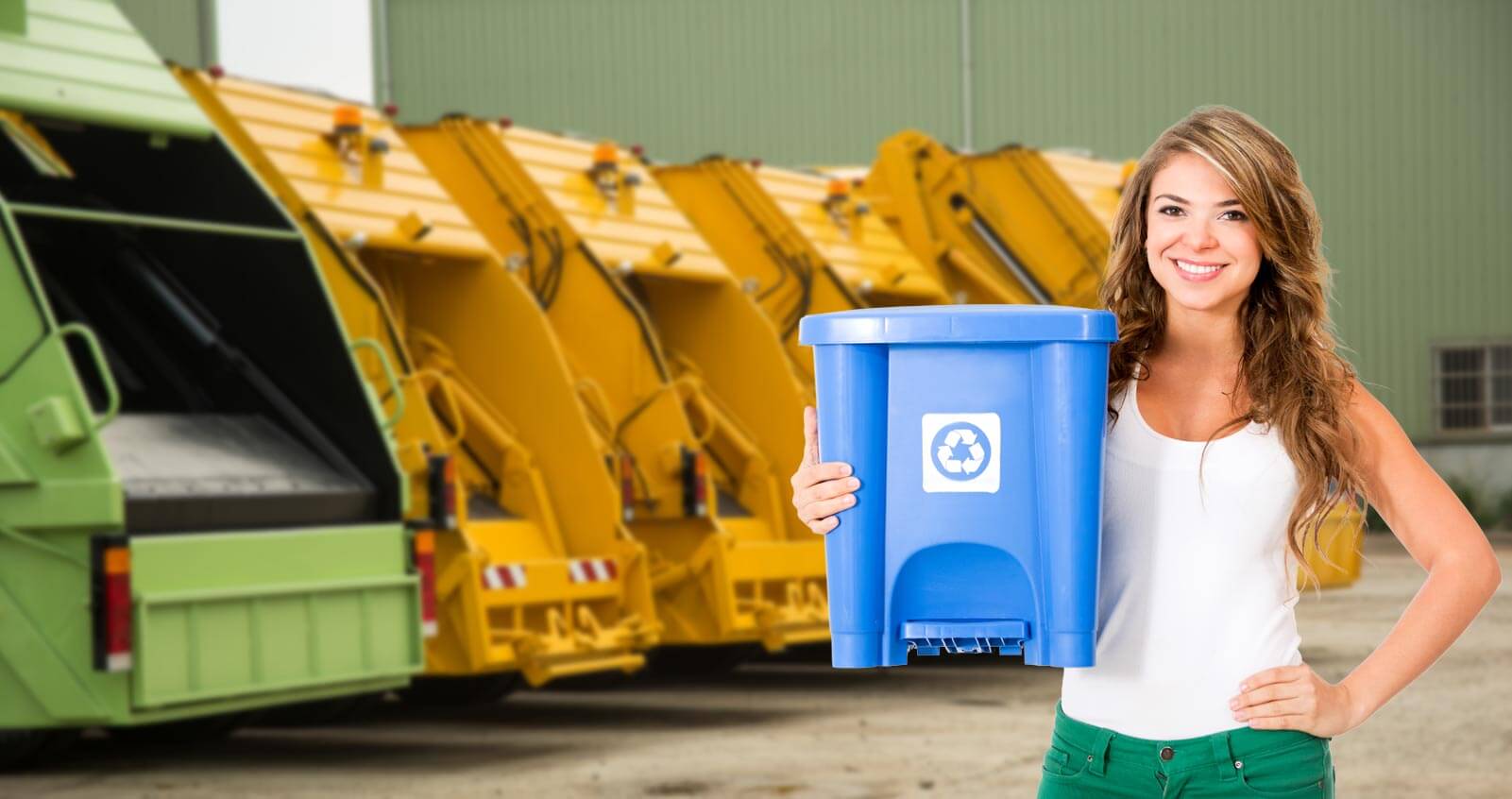Home Recycling Without the Hassle
Posted on 16/12/2024
Recycling at home is an essential practice for contributing to environmental sustainability. However, many people find it daunting and complicated. This article sheds light on how you can seamlessly incorporate recycling into your daily routine without the hassle.
Understanding the Importance of Recycling
Recycling is a crucial process that helps reduce waste, conserve natural resources, and lower greenhouse gas emissions. According to the Environmental Protection Agency (EPA), recycling one ton of paper can save 17 trees and 7,000 gallons of water. By understanding the positive impact of recycling, we are more motivated to integrate it into our lives.

Step-by-Step Guide to Home Recycling
1. Start with Education
Educating yourself and your household members about what can and cannot be recycled is the first step. Most local governments provide guidelines on their websites. Typically, items like paper, cardboard, glass, and certain plastics are recyclable.
2. Set Up a Recycling Station
Create a designated recycling area in your home, preferably in the kitchen where most recyclable materials are generated. You can use separate bins or containers for paper, plastics, glass, and metals. Clear labeling can help ensure everyone in the household sorts their recyclables correctly.
3. Clean and Dry Your Recyclables
One common misconception is that all recyclables get automatically cleaned at the recycling facility. In reality, dirty recyclables can contaminate the entire batch. Rinse and dry your recyclables to ensure they are in good condition.
4. Know the Local Rules
Recycling programs vary by locality, so it's important to be aware of the specific rules in your area. Some municipalities offer single-stream recycling, where all recyclables are placed in one bin, while others require separation.
5. Reduce, Reuse, and then Recycle
Before thinking about recycling, consider ways to reduce and reuse materials. For example, opt for reusable shopping bags, water bottles, and storage containers. Reducing waste minimizes the need for recycling in the first place.
Simplifying the Process
1. Use Technology
Several apps can simplify home recycling. Apps like iRecycle and Recycle Coach provide information on what can be recycled, as well as pickup schedules and locations for drop-off centers. Keeping up-to-date with these tools can streamline your recycling efforts.
2. Invest in Convenient Tools
Consider investing in tools that make recycling easier. A can crusher, for example, can save space in your recycling bin. Similarly, a compost bin for organic waste can reduce the amount of trash your household generates.
3. Involve the Entire Household
Making recycling a household activity can distribute the workload and make it more manageable. Assign specific tasks to family members, like taking out the recyclables or ensuring items are clean and dry.
Addressing Common Challenges
Challenge: Contamination of Recyclables
Solution: Educate your household about what is recyclable and ensure items are cleaned properly. Contaminated recyclables can spoil the entire batch, so it's essential to sort and clean items correctly.
Challenge: Limited Space
Solution: If you have limited space, consider stackable bins or collapsible containers. You can also regularly take recyclables to a local drop-off center to prevent bins from overflowing.
Challenge: Inconsistent Recycling Practices
Solution: Establish a routine. Set specific days for sorting and taking out recyclables. Consistency helps build habits and reduce mistakes.

The Future of Home Recycling
As technology continues to advance, the future of home recycling looks promising. Innovations such as smart bins equipped with sensors and AI can automatically sort recyclables, reducing contamination and making the process more efficient. Additionally, increased awareness and education will hopefully lead to higher recycling rates and a more sustainable future.
Conclusion
Home recycling doesn't have to be a hassle. By educating yourself, setting up a functional recycling station, using convenient tools, and involving your household, you can make recycling an easy and integral part of your daily life. Not only does this contribute significantly to environmental sustainability, but it also sets a positive example for future generations.
Recognizing the importance of recycling and taking steps to integrate it seamlessly into your life can have long-lasting benefits. By making home recycling a hassle-free experience, we can all play a part in protecting our planet and conserving vital resources.




